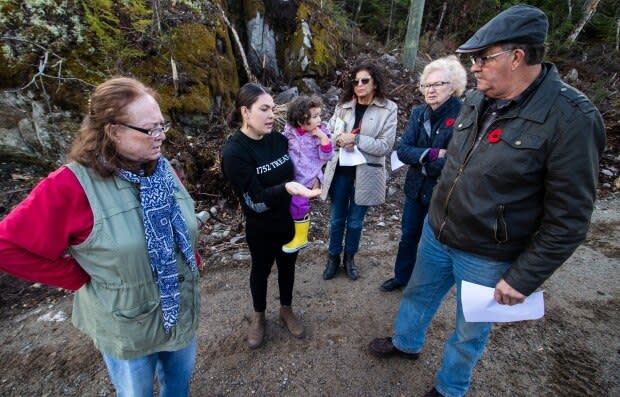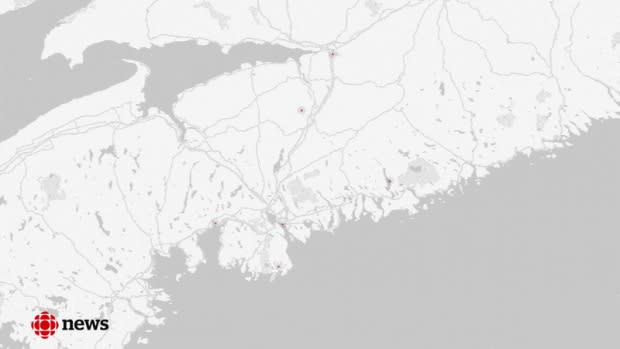2 N.S. First Nations settle century-old land dispute with Ottawa
The federal government will pay more than $47 million to two Nova Scotia Mi'kmaw communities to settle a 100-year-old land dispute.
The settlement agreement will see each member of the Millbrook First Nation and Sipekne'katik First Nation receive about $3,000, said Bob Gloade, chief of the Millbrook First Nation.
"It's very rewarding to finally come to a conclusion and to be able to move forward in a positive way," he said.
The two Indigenous communities spent more than 20 years trying to hammer out a deal with the government over land that was taken from their ancestors back in 1919.
The deal provides compensation for the loss of the property and people's inability to use it for the last 100 years.

The land in question was three reserves created between the late 1700s and 1850 for a group of Mi'kmaq known then as the "Halifax County Indians," whose descendants eventually came to reside in Millbrook and Sipekne'katik, according to community information documents that were distributed before the settlement agreement was voted on.
The three parcels of land include property in Sambro, Ingram River and Ship Harbour.
On June 18, 1919, the federal government "took a surrender" of the three reserves — claiming them as Crown land — but the Mi'kmaq argued that because Canada didn't follow the proper protocol under the Indian Act, the "surrender" was illegitimate.
The Mi'kmaq worked on the issue for decades, and eventually the communities of Millbrook and Sipekne'katik took it on together, submitting the land claim in September 2005. In 2007, Canada agreed the 1919 surrender was not valid, and settlement negotiations followed for over a decade.
In July 2019, the parties came to terms and wrote a settlement agreement. On Thursday, people in both Indigenous communities voted to accept the deal.
The agreement will see Millbrook First Nation receive $19,331,413, while Sipekne'katik will get $27,818,375.
Plans for money
After the Millbrook First Nation members each receive their $3,000, the band will hold $12 million in trust to work on projects that will be in the best interest of the community.
Gloade said options could include it being used on economic development or building community centres.
It's not clear what Sipekne'katik will do with any of its remaining money. Band officials could not be reached for comment on Friday.

The land agreement also allows the Indigenous communities to replace the 512 hectares of land they lost in 1919 and have that replacement land added to their respective reserve land base.
But not everyone is happy with the deal.
Bryson Syliboy, who lives in Sipekne'katik, said handing over the land is short-sighted.
"The short term gains are great because our reserve is pretty impoverished, but we have to think about the longer term and consequences of it. We got to think about what our children, and our children's children would think about what we did," he said.

Even the vote on the agreement caused rifts in the Indigenous communities, said Syliboy.
"It upsets me because it's dividing our communities into people who want it and people who don't want it," he said. "You know, that's not cohesive of who Mi'kmaw people are. You know we are about our communities and there's such a huge divide right now because of this land-claim agreement."
After receiving the signed agreements, the Government of Canada has 45 days to pay the two bands.
MORE TOP STORIES


